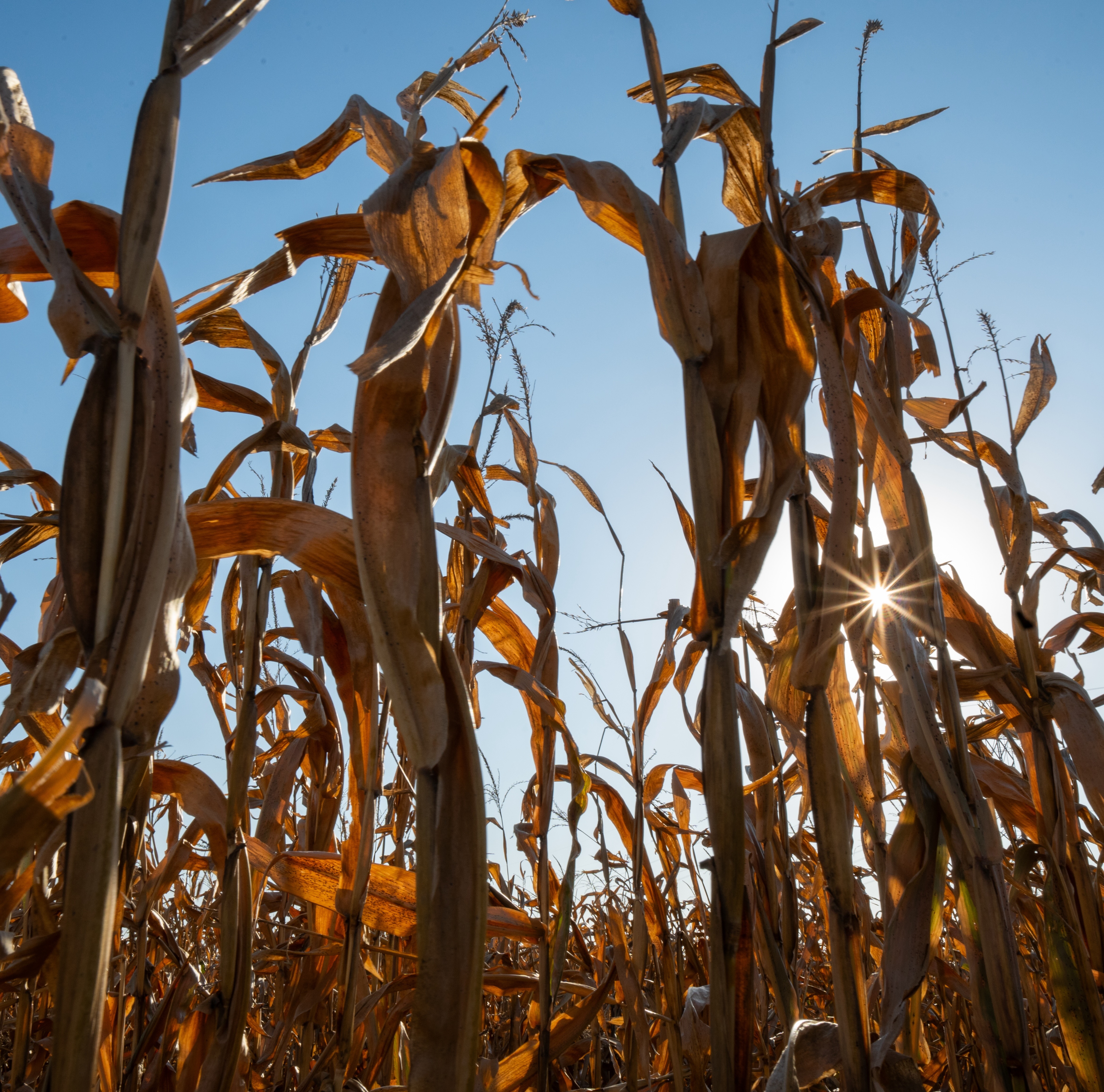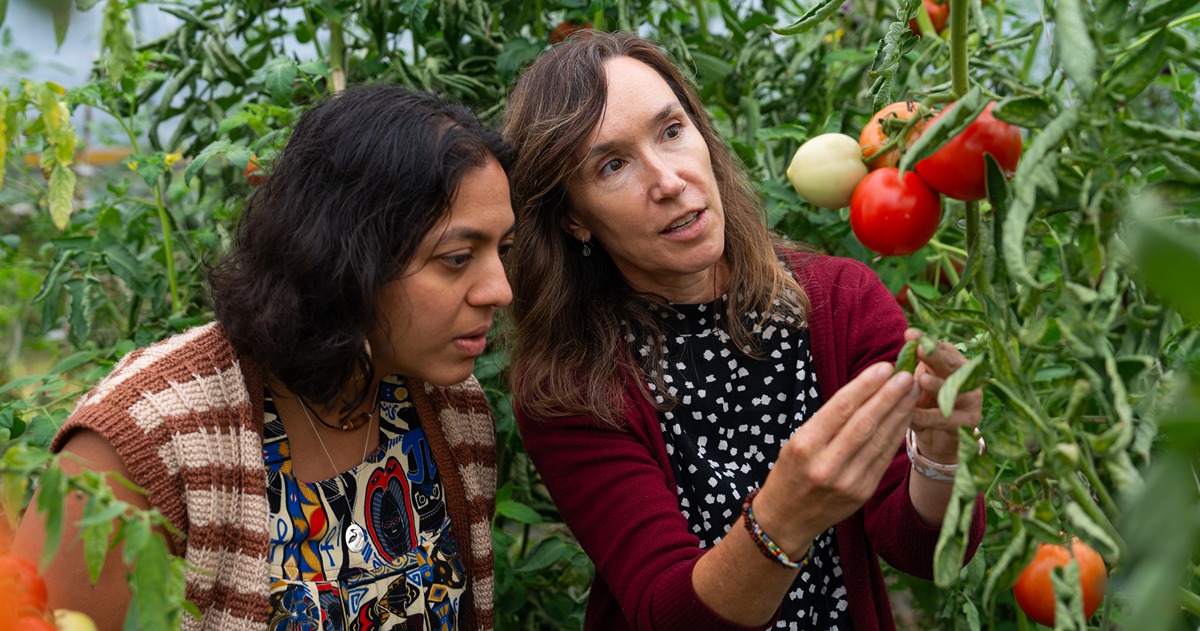Farmer Perceptions of Precision Agriculture Technology Benefits
The objective of this research was to evaluate producers’ perspectives of four key precision agriculture technologies (variable rate fertilizer application, precision soil sampling, guidance and autosteer, and yield monitoring) in terms of the benefits they provide to their farms (increased yield, reduced production costs, and increased convenience) using a best-worst scaling choice experiment. Results indicate that farmers’ perceptions of the benefits derived from various precision agriculture technologies are heterogeneous. To better understand farmers’ adoption decisions, or lack thereof, it is important to first understand their perceptions of the benefits precision agriculture technologies provide.
Written by: Nathanael Thompson, Courtney Bir, David Widmar and James Mintert
Learn more about this research by visiting this article at the Journal of Agricultural and Applied Economics.





